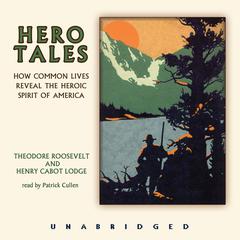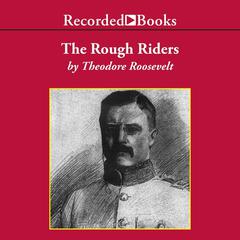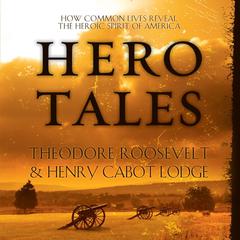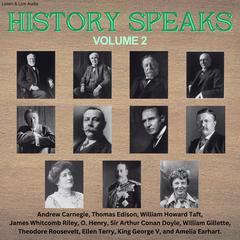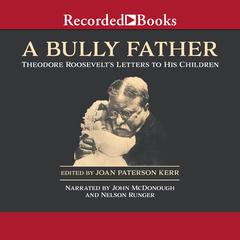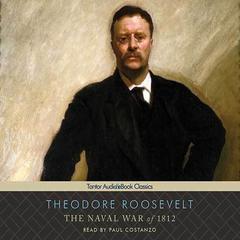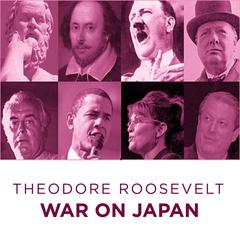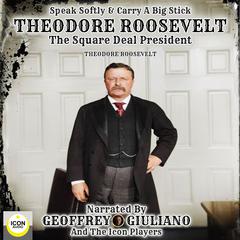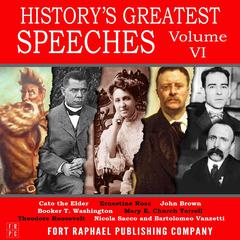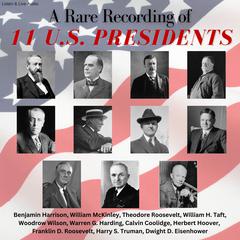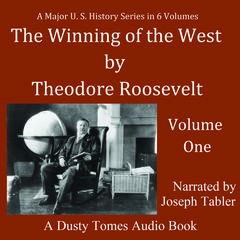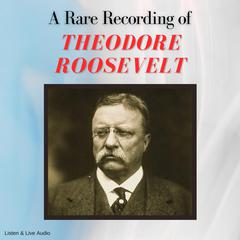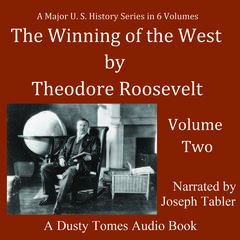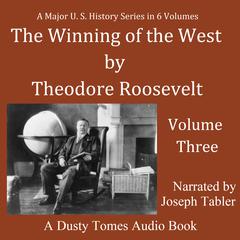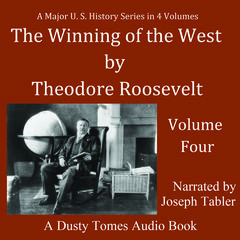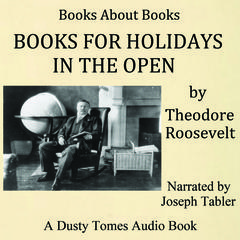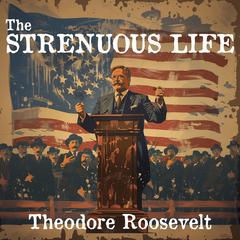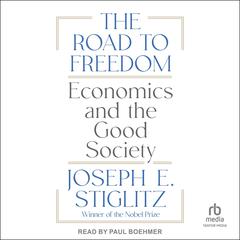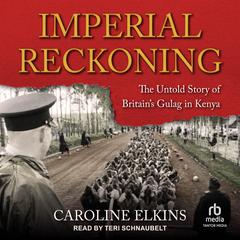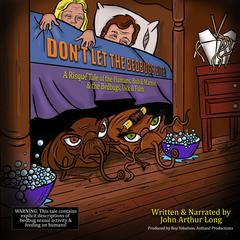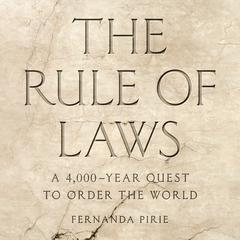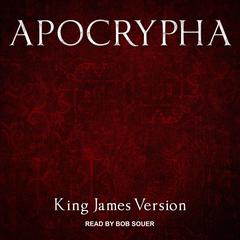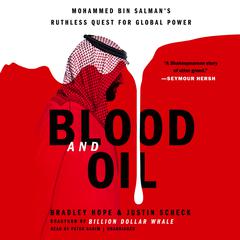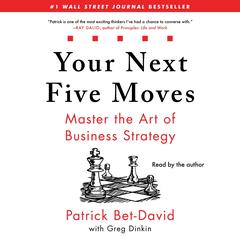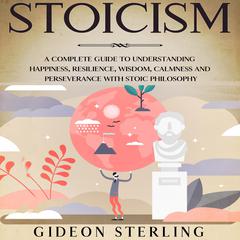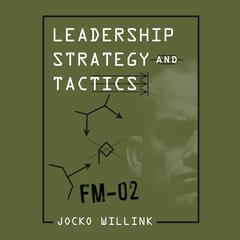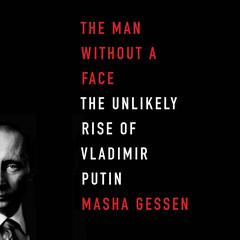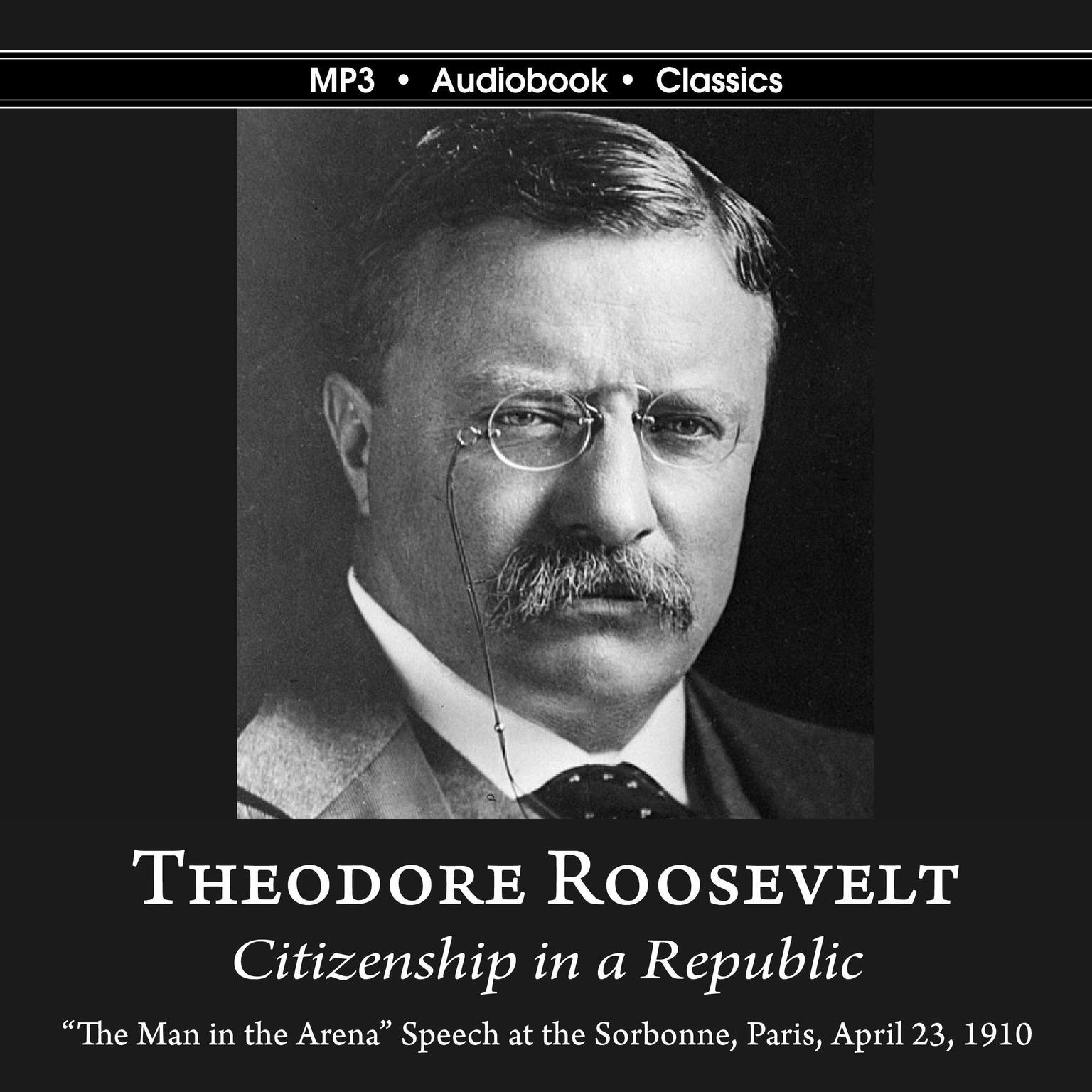 Play Audiobook Sample
Play Audiobook Sample
Citizenship in a Republic: 'Man in the Arena' Address given at Sorbonne in Paris, France, on April 23, 1910 Audiobook
 Play Audiobook Sample
Play Audiobook Sample
Quick Stats About this Audiobook
Total Audiobook Chapters:
Longest Chapter Length:
Shortest Chapter Length:
Average Chapter Length:
Audiobooks by this Author:
Publisher Description
“Citizenship in a Republic” is the title of a speech given by Theodore Roosevelt at the Sorbonne in Paris, France, on April 23, 1910. In the speech Roosevelt discusses the attributes required of its citizens and leaders to sustain a thriving national character, not least of which are a high moral character and energetic engagement. He has harsh words for those who act purely in self-interest, who cause division, and who sit on the sidelines while others do the heavy lifting. The address is also known as “The Man in the Arena” speech owing to a notable passage that is often quoted: “It is not the critic who counts; not the man who points out how the strong man stumbles, or where the doer of deeds could have done them better. The credit belongs to the man who is actually in the arena, whose face is marred by dust and sweat and blood; who strives valiantly; who errs, who comes short again and again, because there is no effort without error and shortcoming; but who does actually strive to do the deeds; who knows great enthusiasms, the great devotions; who spends himself in a worthy cause; who at the best knows in the end the triumph of high achievement, and who at the worst, if he fails, at least fails while daring greatly, so that his place shall never be with those cold and timid souls who neither know victory nor defeat.” Numerous politicians, athletes, speakers and others have turned to the passage for inspiration. Incoming freshman at the U.S. Naval Academy are required to memorize the passage. NBA champion LeBron James has the “Man in the Arena” written on his shoes.
Download and start listening now!
Citizenship in a Republic Listener Reviews
Be the first to write a review about this audiobook!
About Theodore Roosevelt
Theodore Roosevelt (1858–1919) was the twenty-sixth president of the United States. He is noted for his exuberant personality, range of interests and achievements, leadership of the Progressive movement, and “cowboy” image. He was a leader of the Republican Party and founder of the short-lived Progressive Party of 1912. Before becoming president, he held offices at the municipal, state, and federal level of government. Roosevelt’s achievements as a naturalist, explorer, hunter, author, and soldier are as much a part of his fame as any office he held as a politician.




